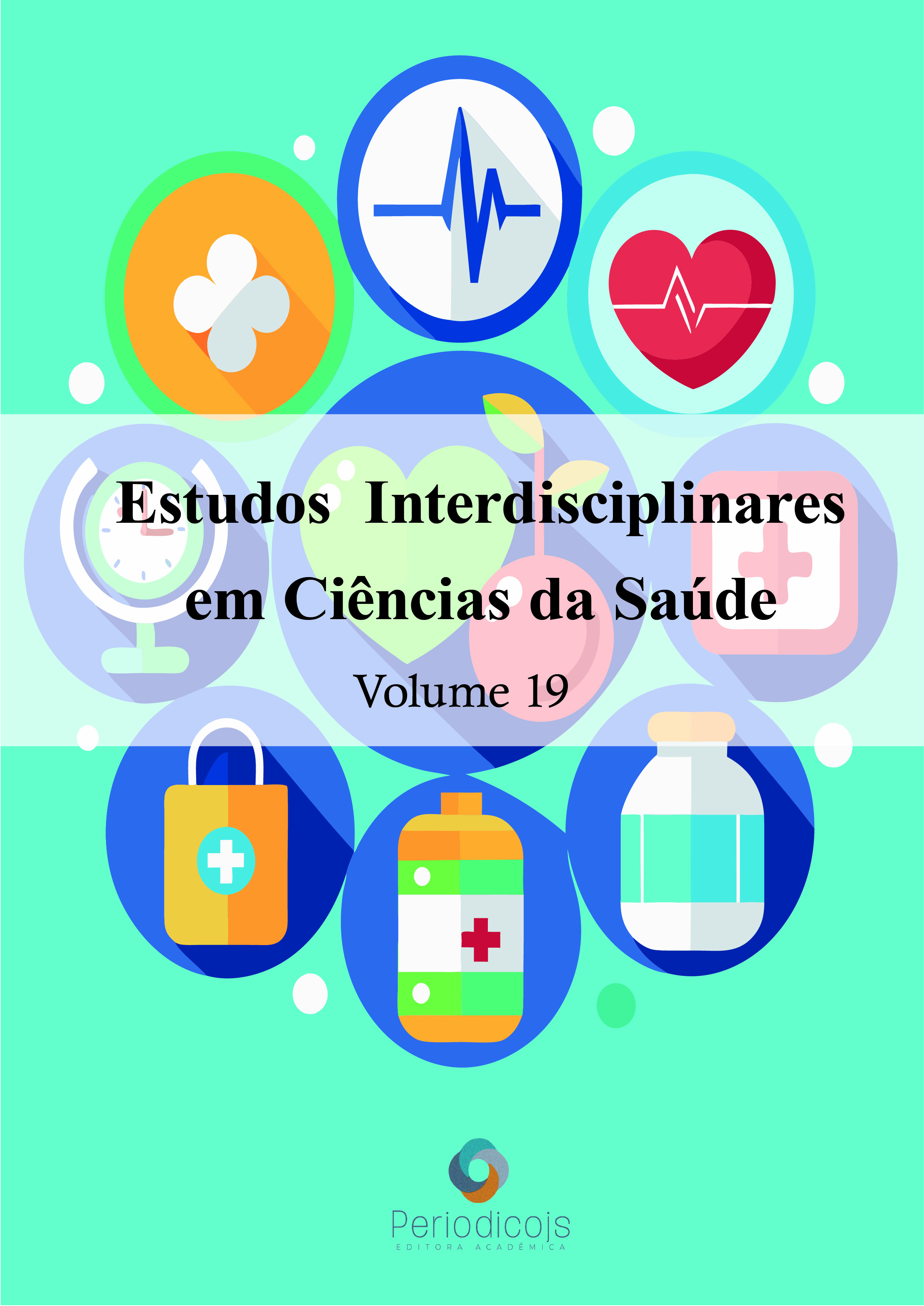Abstract
Escherichia coli (E. coli), a Gram-negative bacterium, is widely recognized as a commensal of the digestive system and as a pathogen in various intestinal and extraintestinal infections. In calves, pathogenic strains of E. coli are linked to severe lung infections, such as pneumonia, which cause considerable economic impacts due to reduced growth, treatment costs and mortality rates. These infections are often linked to control failures, such as insufficient colostration, high population density and environmental stress. The pathogens have particular virulence factors, such as genes that encode adhesins (fimH, papC), siderophores (iroN, iucD) and immune-resistant proteins (iss, ompT, traT), which are crucial for colonization and evasion of the host’s defences. At the same time, the increase in antimicrobial resistance in E. coli is a result of the excessive use of antimicrobials in animal production systems. This favors the spread of resistant genes, such as mcr-1 and blaCTX-M, commonly propagated by mobile plasmids and integrons. Studies in Brazil highlight the presence of resistant E. coli in calves and in the agricultural environment, including feces, water and flies, which act as reservoirs and propagators of resistance. These elements highlight the connection between improper management practices and the continuation of bacterial infections that are complex to treat. Therefore, to effectively control these infections and minimize AMR, integrated strategies are needed, including biosecurity, monitoring of resistant genes and appropriate use of antimicrobials, as well as greater awareness of the environmental impact of livestock practices.
References
ALVES, Taila dos Santos. Determinação da resistência a antimicrobianos em Escherichia coli de origem animal e o efeito na disseminação da resistência no ambiente – Pesquisa em cepas comensais e produtoras de toxina Shiga. Campinas: Instituto de Biologia, Universidade Estadual de Campinas, 2023.
BLOUNT, Z. D. The unexhausted potential of E. coli. eLife, v. 4, p. e05826, 2015.
COURA, Fernanda Morcatti. Caracterização molecular de Escherichia coli isoladas de bovinos, bubalinos e aves. Belo Horizonte: Escola de Veterinária, Universidade Federal de Minas Gerais, 2016.
ESCHERICH, T. Die darmbakterien des neugeborenen und säuglings. Forschungen über die physiologie und pathogenität. Stuttgart: Ferdinand Enke, 1885.
FROST, L. S.; LEPLAE, R.; SUMMERS, A. O.; TOUSSAINT, A. Mobile genetic elements: the agents of open source evolution. Nature Reviews Microbiology, v. 3, n. 9, p. 722-732, 2005.
GUERRA, S. T.; et al. Fatores de virulência extraintestinais de Escherichia coli isoladas de bezerros com pneumonia. Revista Brasileira de Ciência Veterinária, v. 27, n. 4, p. 236-242, 2020.
LARSSON, D. G. J.; FLACH, C. F. Antibiotic resistance in the environment. Nature Reviews Microbiology, v. 20, n. 5, p. 257-269, 2022.
LI, R.; et al. Emergence of plasmid-mediated mcr-1 gene in animals and humans: discourse on the implications for public health. Antimicrobial Agents and Chemotherapy, v. 63, n. 4, p. e02506-18, 2019.
MARTINS, Lorrayne de Souza Araújo. Etiologia microbiana de infecções umbilicais em bezerros e fatores de virulência extraentéricos em isolados de Escherichia coli. Botucatu: Faculdade de Medicina Veterinária e Zootecnia, Universidade Estadual Paulista, 2022.
SHERRY, N. L.; HOWDEN, B. P. Emerging gram-negative resistance to last-resort antibiotics fosfomycin and colistin. Lancet Infectious Diseases, v. 18, n. 8, p. e234-e243, 2018.
TAVARES, V. Manejo adequado de colostragem em bezerros: fundamentos e práticas. Revista Brasileira de Zootecnia, v. 36, n. 4, p. 1681-1688, 2007.
TRABULSI, L. R.; ALTERTHUM, F. Microbiologia. 5. ed. São Paulo: Atheneu, 2015.
WICHMANN, F.; et al. Diverse antibiotic resistance genes in dairy cow manure. mBio, v. 5, n. 2, p. e01017-13, 2014.
XU, Y.; et al. Environmental dissemination of antibiotic resistance genes from animal husbandry: a key contributor to antimicrobial resistance. Environmental Science & Technology, v. 56, n. 8, p. 4334-4351, 2022.

